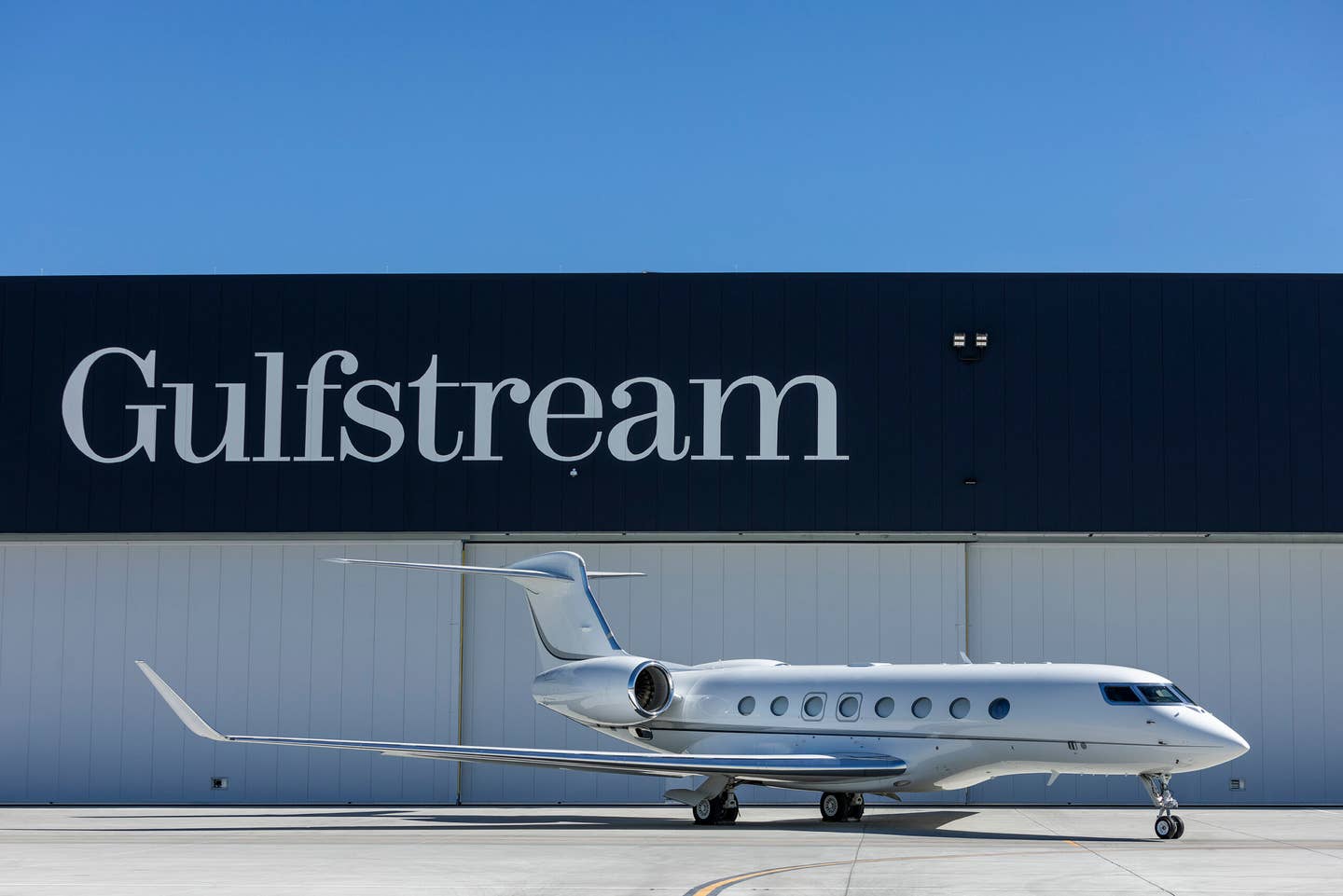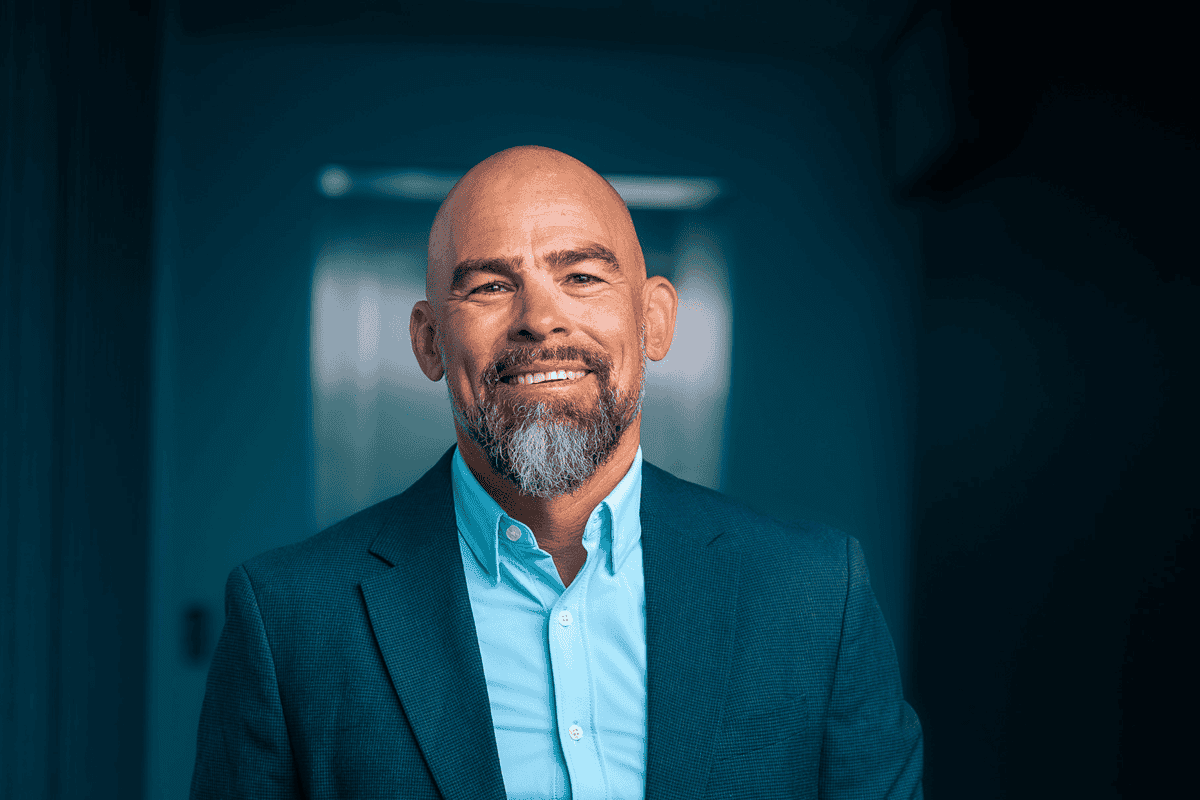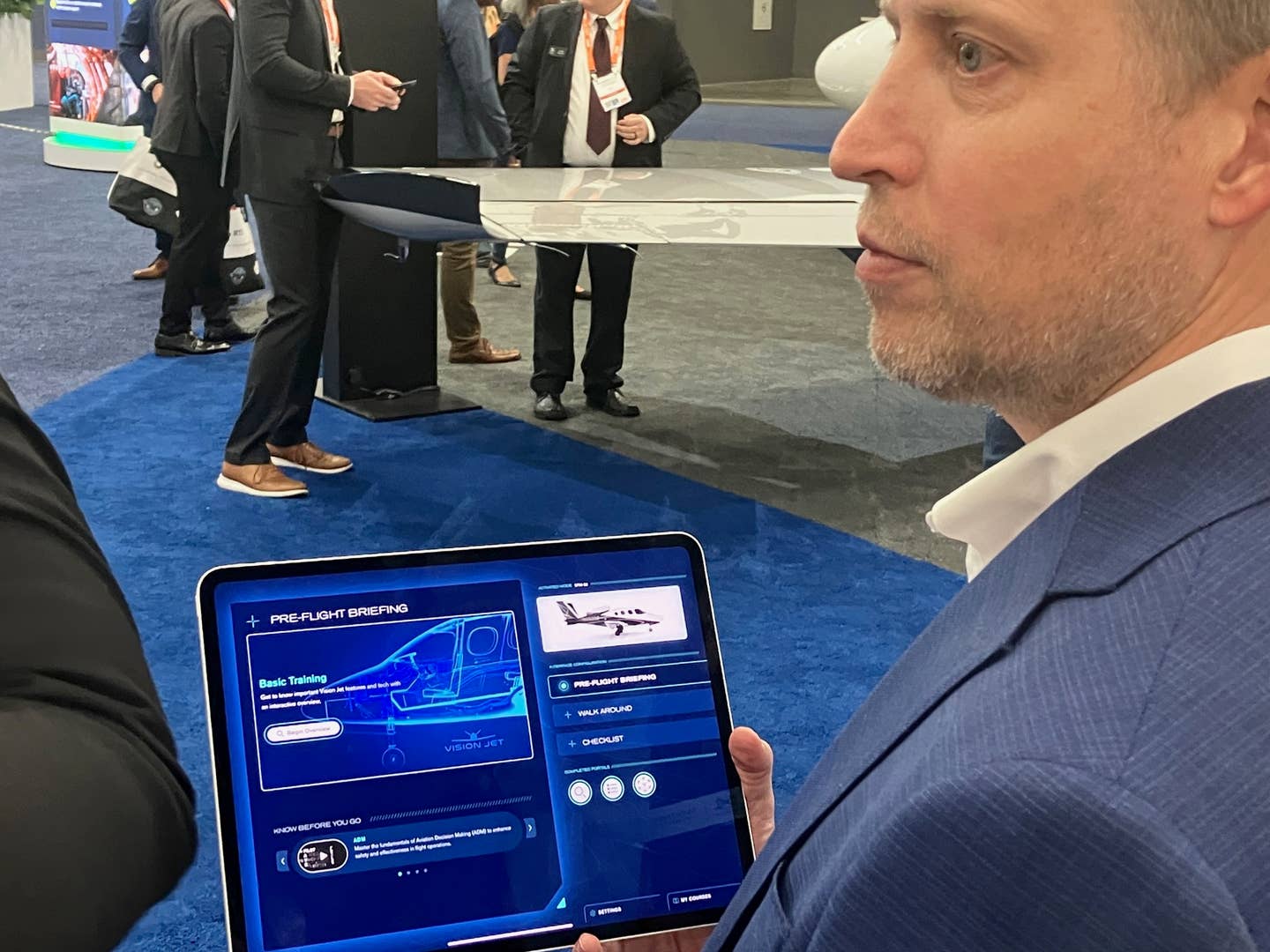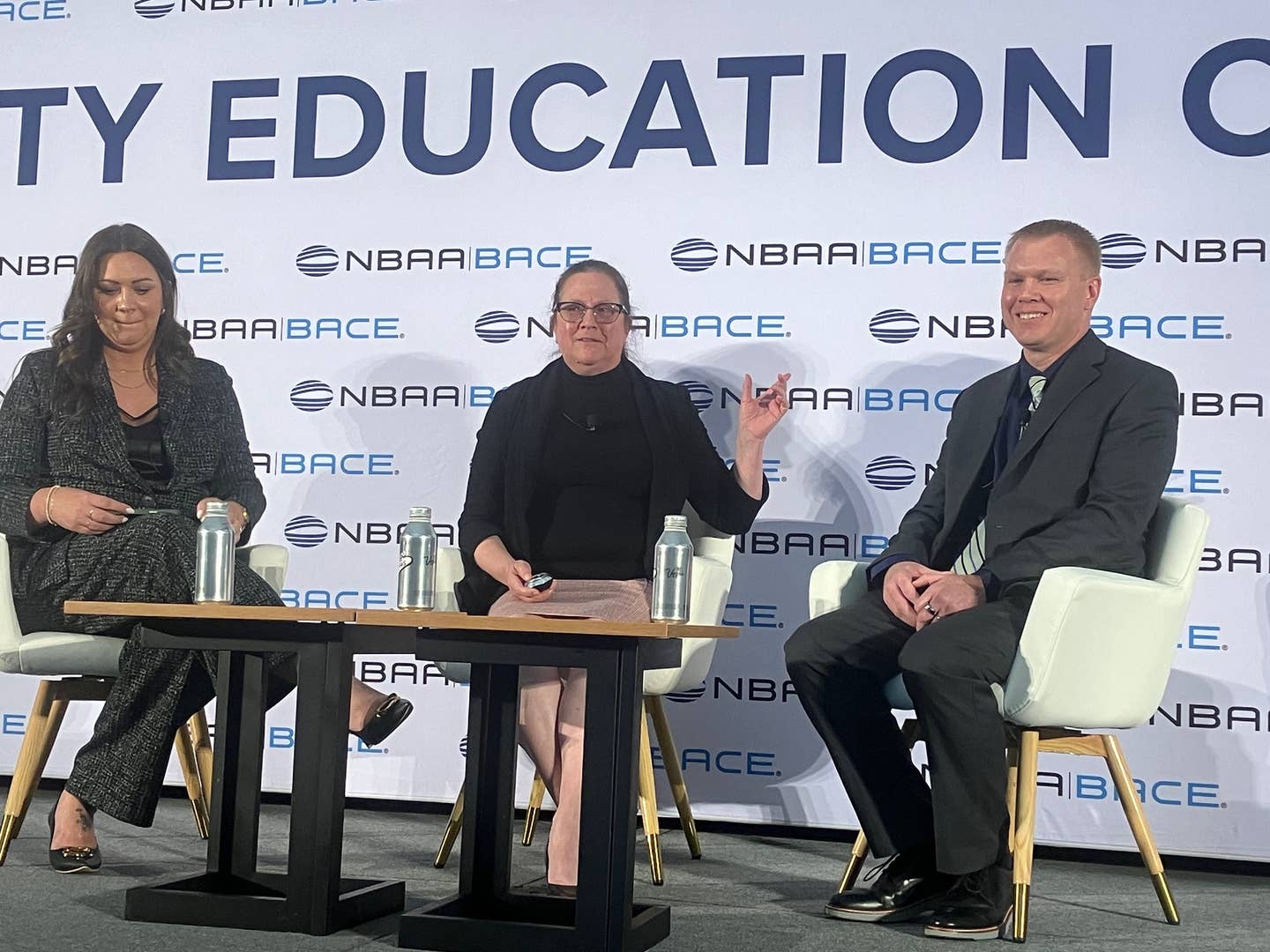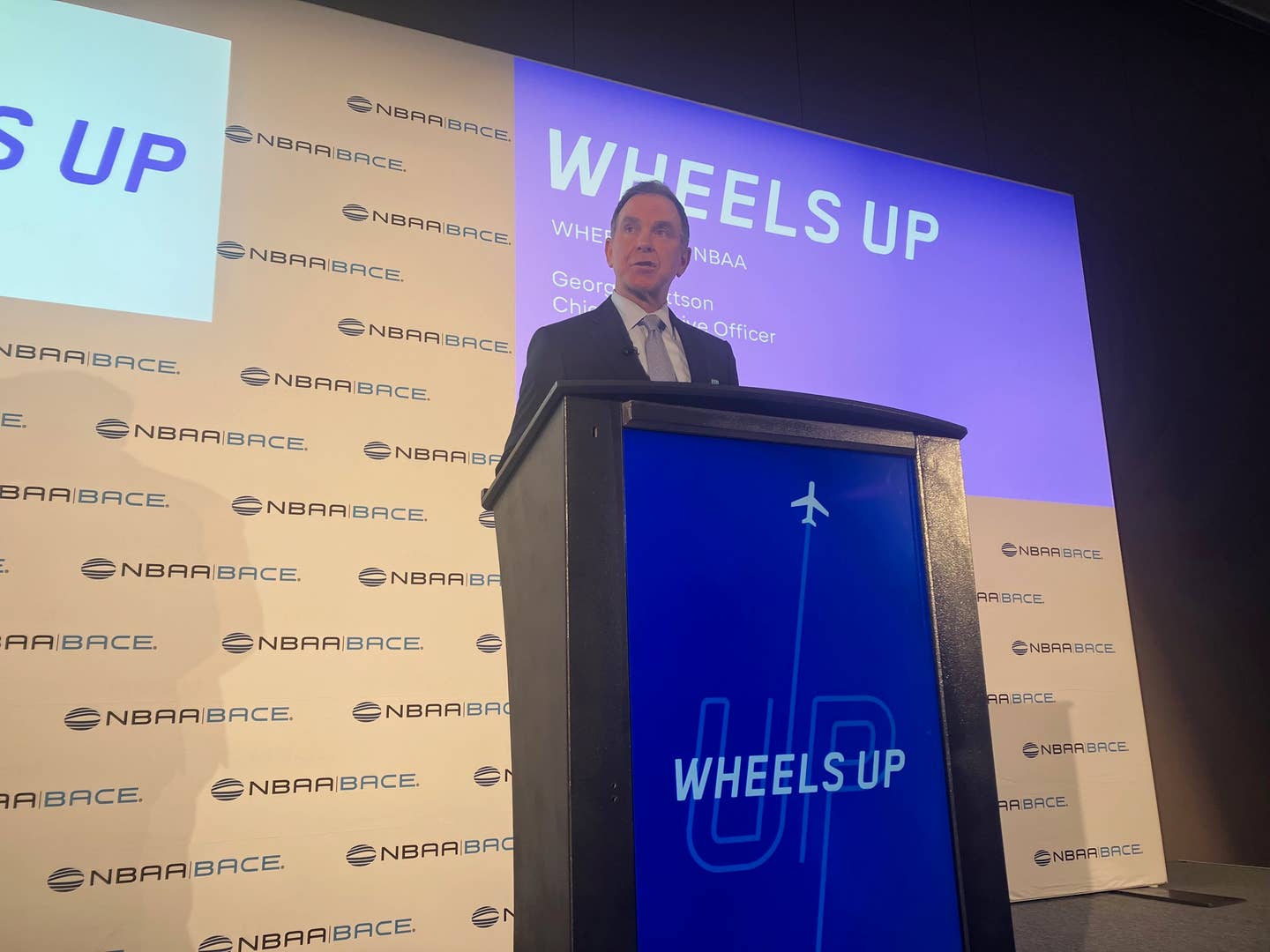NBAA-BACE Hosts Single-Pilot Safety Standdown
In the lead-in to this year’s NBAA-BACE (National Business Aviation Association – Business Aviation Convention and Exhibition), the trade group hosted the 2023 Single-Pilot Safety Standdown. NBAA has long advocated…
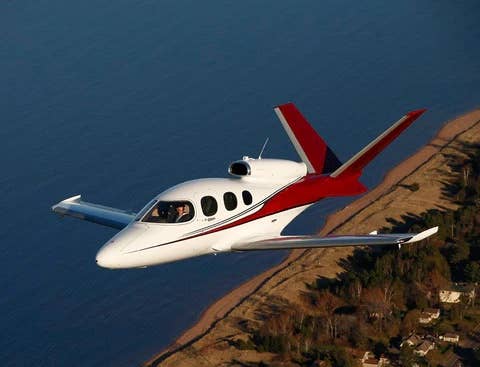
In the lead-in to this year’s NBAA-BACE (National Business Aviation Association – Business Aviation Convention and Exhibition), the trade group hosted the 2023 Single-Pilot Safety Standdown. NBAA has long advocated for advancing professional pilot standards and best practices for single pilots of small corporate flight departments, and even more importantly, for aircraft-owner pilots flying on business.
Recent statistics on accidents in these sectors—ranging from single-engine pistons to light jets—were the focus of NBAA Safety Committee chair Paul Ransbury’s (of Aviation Performance Solutions) introductory presentation. NBAA Safety Committee Single-Pilot Working Group Lead Rosa Lee Argotsinger, of Textron Aviation, joined Piper Aircraft’s Jonathon Hirsch and Peter Basile from Textron Aviation in relating a selection of accident case studies that put a spotlight on some of the key red flags involved in this often-misunderstood segment of business aviation.
Rather than acronym-rich strategies such as TEM (threat and error management) or FRAT (flight risk assessment tools), Rich Loudon, of Alaska Airlines, suggested that current behavioral science advocates for “pattern matching.” He said, “Our training programs should be focused instead on identifying pattern matches for our crews." Loudon recommends that flight briefings should begin by “building a story, establishing goals, relevant cues and expectations.” He also advocated the practice of single-pilot operators speaking the briefing out loud, as science shows this engages the brain at a more effective level.
Dr. Quay Snyder of Aviation Medicine Advisory Service advocated for single pilots to use particular techniques for ensuring their fitness to fly, such as the I’M SAFE (illness, medications, stress, alcohol, fatigue and emotion) checklist. Dr. Snyder also called out the importance of good sleep hygiene, diet and hydration, and managing alcohol use.
Finally, the value of networking—in person or online—was presented as one of the most valuable assets for the single-pilot community. Sharing experiences within aircraft type clubs and other groups can go a long way toward bettering risk mitigation throughout the owner-pilot universe.


